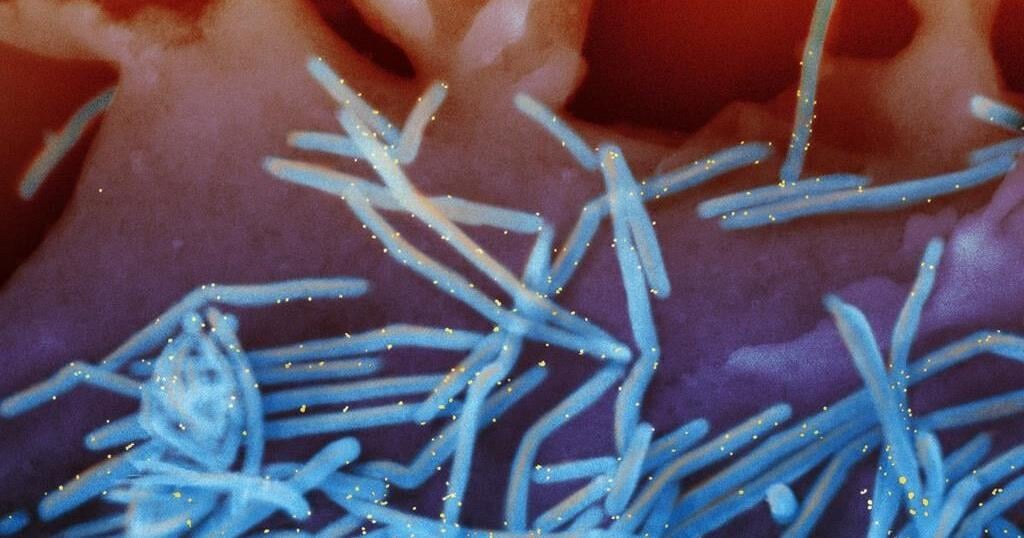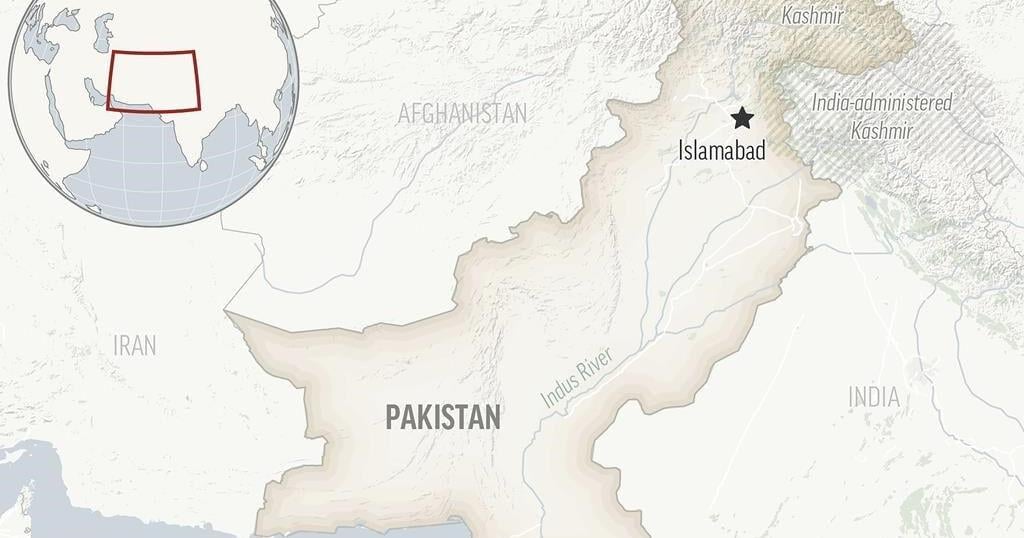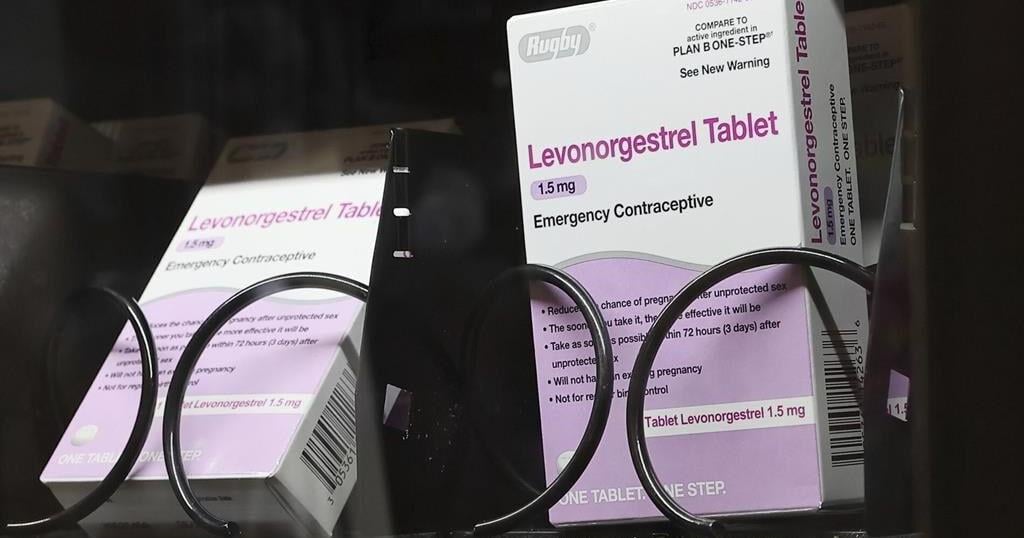Around 410 London and Middlesex area students remain suspended from school as of Wednesday evening for lacking submitted immunization records with the Middlesex-London Health Unit.
MLHU officials say that while over 1,100 students were set to be suspended Wednesday, that number had dropped to 675 by 11 a.m. and then again to 410 by 5 p.m. as parents submitted proper documentation.
The local health unit resumed suspending elementary or high school students in January for not having up-to-date immunization records.
Because there are so many students lacking documentation with the health unit, the suspensions are being done in seven different cohorts between January and the end of May. The suspensions this week are for the fourth cohort.
Dr. Alex Summers, the medical officer of health for Middlesex-London, says it is not a mandatory vaccination issue but instead a mandatory reporting issue.
“We know that there is probably a number of students out there that have received the vaccines, but we just don’t have their records,” said Summers.
Under the Ontario Immunization of Student Pupils Act, Grade 1-12 students are required to have up-to-date immunization reporting for nine preventable diseases. If a student’s vaccination or a valid exemption is not recorded, the local health has the authority to issue school suspensions.
Students must be immunized against diphtheria, tetanus, polio, measles, mumps, rubella, meningococcal disease and whooping cough. Kids born in 2010 or later are also required to have the chickenpox shot.
Once a child is vaccinated, families are responsible for submitting the updated records to the health unit or submitting an exemption.
The health unit began the process of getting immunization records updated again a little under a year ago, sending out 42,000 letters last school year to families with missing records.
The first two cohorts in January and February had a combined 2,300 suspensions from 7,600 notices issued a month before the suspensions.
“Rapidly, many of those students come off the suspension list because that due date really helps people move forward with submitting records or getting vaccinations done,” said Summers.
None of the students suspended in the first two cohorts remain away from school.
The third cohort, which had its suspensions begin on March 1, has had the vast majority of students return to school, with less than 60 continuing to be suspended from 3,300 notices.
A spokesperson for the Thames Valley District School Board says the board supports all students who are not able to learn in-person, no matter the reason.
“Educators post work in the digital classrooms and families can reach out to the school/educator directly for independent learning activities,” said the board in a statement in Global News.
The MLHU has run 28 special clinics since the start of 2023 to help students and parents catch up on vaccinations that may have been missed during the COVID-19 pandemic. Over 2,000 people have received over 4,000 vaccines during the special clinics.
Summers says catch-up clinics will continue to run into April to give families every opportunity to get caught up on vaccines. And while the issue is considered a documentation and not a vaccination issue, Summers says vaccines are essential to a healthy life.
“Because of the vaccines we have available to us, we have a much significantly higher quality of life than we used to a 100 years ago,” said Summers.
“Without high vaccination coverage in our region, we will see outbreaks locally.”

























